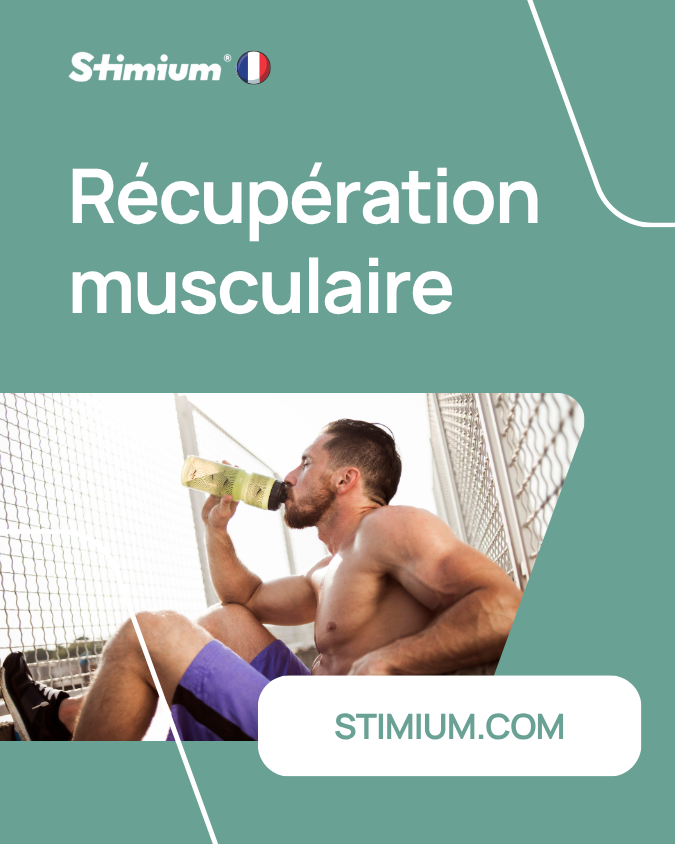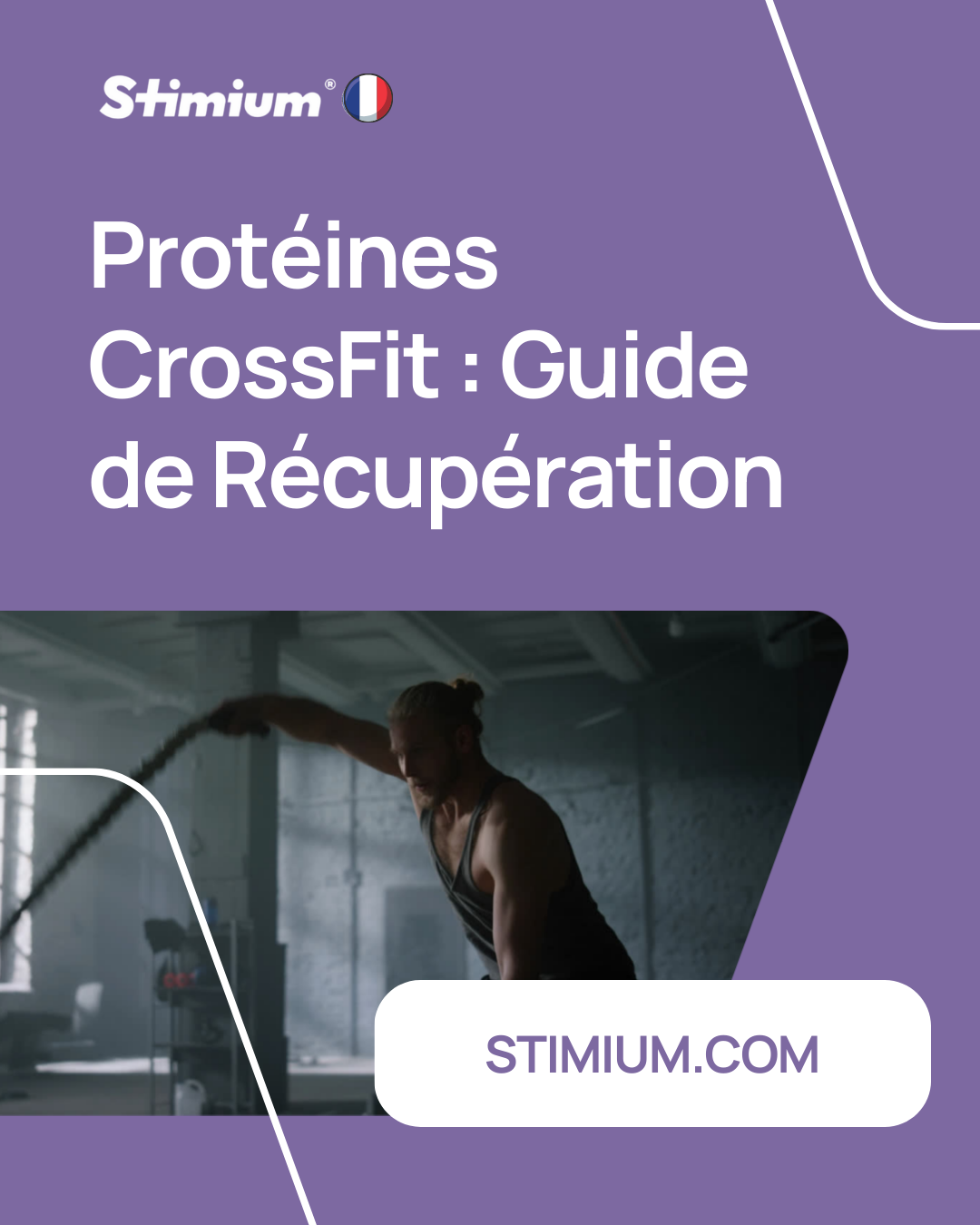The ultimate guide to preparing for your half marathon
Half Marathon Training: Training Plan and Tips
To effectively prepare for a half marathon, it is essential to follow a suitable training plan. Our team of experts offers you a complete training plan to gently prepare you and achieve your goals.
Training plan
Our training plan extends over 12 weeks, with a gradual progression in the distance and intensity of the sessions. Here is an overview of our training plan:
- Weeks 1-4: Start of training, with running sessions at moderate intensity, combined with muscle strengthening sessions.
- Weeks 5-8: Increase the distance of running sessions, keeping the intensity moderate. Integration of interval sessions to improve speed and endurance.
- Weeks 9-12: Peak training period, with long distance sessions. Reduction of the intensity of other sessions to promote recovery.
It is important to stay regular in your training and listen to yourself. If you experience excessive pain or fatigue, do not hesitate to give yourself additional days of rest.
Tips for preparation
In addition to following the training plan, here are some essential tips to best prepare for your half marathon:
- Balanced diet: Make sure to eat foods rich in carbohydrates to increase your energy reserves.
- Adequate hydration: Drink enough water before, during and after sessions to stay well hydrated.
- Rest and Recovery: Give yourself days off to allow your body to recover. Practice active recovery sessions, such as stretching and massage.
- Stretching: Remember to stretch after each session to prevent injuries and promote muscle flexibility.
With this training plan and tips, you'll be ready to take on the half marathon challenge with confidence. Good preparation !
Nutrition and hydration for preparing for a half marathon
When preparing for a half marathon, nutrition plays a crucial role. To maximize your performance and promote muscle recovery, it is essential to consume the right foods.
High-Carb Foods for Energy
Carbohydrates are an essential energy source for half-marathon runners. Opt for foods such as pasta, rice, potatoes and whole grains. These foods provide complex carbohydrates that are digested slowly, providing lasting energy while running.
Proteins for muscle recovery
Protein is also important for muscle recovery after exercise. Include lean protein sources in your diet, such as chicken, fish, eggs and legumes. They will help repair and rebuild the muscles used during training.
Adequate hydration
Hydration is a crucial aspect of preparing for a half marathon. Make sure you drink enough water throughout the day to stay well hydrated. During workouts, opt for isotonic drinks to replace the electrolytes lost through sweating.
In summary, for optimal preparation for a half marathon, choose a balanced diet with carbohydrates for energy and proteins for muscle recovery. Remember to stay well hydrated by drinking enough water and using isotonic drinks during exercise. These tips will help you be at your best on race day.
Recovery and physical preparation for a half marathon
When preparing for a half marathon, it is essential to dedicate time to recovery and physical preparation. These two elements will play a crucial role in your performance on race day. Here are some tips to optimize your recovery and strengthen your physical preparation:
Active recovery
Active recovery is an important step in preparing for a half marathon. After each training session, take the time to stretch to promote muscle flexibility and avoid soreness. You can also practice joint mobility exercises to improve your flexibility. Massages can also be beneficial for relaxing muscles and reducing tension. Remember to schedule rest days to allow your body to recover and regenerate.
Muscle strengthening
In addition to running sessions, it is important to include muscle strengthening exercises in your training program. Strength training will help prevent injuries by strengthening the muscles used during running. Focus on exercises that target the leg muscles, such as squats, lunges, and core exercises. Don't forget to also work your upper body muscles to maintain optimal posture while running.
Overall physical preparation
Aside from race-specific workouts, it's important to work on your overall physical preparation. This includes cardiovascular exercises such as swimming, cycling or the elliptical, to improve your endurance and cardiorespiratory fitness. Don't forget to spend time improving your flexibility through stretching and mobility exercises. Complete physical preparation will help you be more resilient and more efficient during the race.
By following these tips, you will be able to maximize your recovery and improve your physical preparation for your next half marathon. Remember to personalize your program according to your needs and consult a healthcare professional if you have any specific concerns. With good recovery and well-balanced physical preparation, you will be ready to meet all the challenges of your race.
Conclusion
By following a suitable training plan, adopting a balanced diet and paying particular attention to recovery and physical preparation, you will be well prepared for your half marathon. Remember to consult a doctor before starting an intensive training program and seek professional advice for any preparation specific to your physical condition.
Follow these half marathon running tips and cross the finish line with confidence!
FAQs
What is the recommended length of time to start training for a half marathon?
It is recommended to start training at least 12 weeks before the race to allow for gradual progression.
What types of exercises should I include in my training plan?
Your training plan should include running sessions, strength training sessions and cool down sessions.
What are the dietary tips for preparing for a half marathon?
It is recommended to consume foods rich in carbohydrates to increase energy reserves, as well as proteins to promote muscle recovery.
How much water should I drink during half marathon training?
It is recommended to drink at least 1.5 to 2 liters of water per day and to consume isotonic drinks during exercise.
What are some tips for recovery after half marathon training?
It is important to schedule rest days and active recovery sessions, such as stretching and massage, to support muscle recovery and prevent injuries.
Is it necessary to consult a doctor before starting an intensive training program?
Yes, it is recommended to consult a doctor before starting an intensive training program to ensure that you are healthy and fit for intense physical activity.
Should I seek professional advice for my specific preparation?
Yes, it is advisable to seek the advice of a professional, such as a sports coach, for any preparation specific to your physical condition or your objectives.







